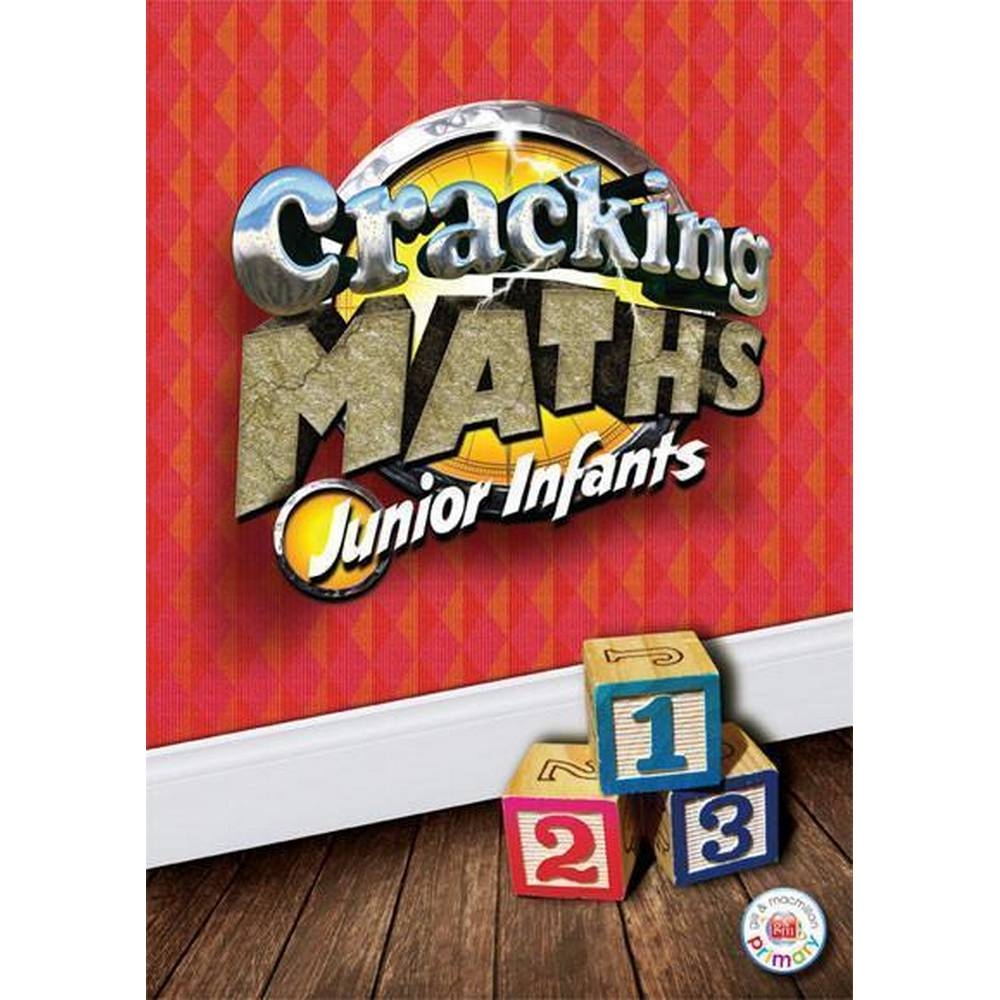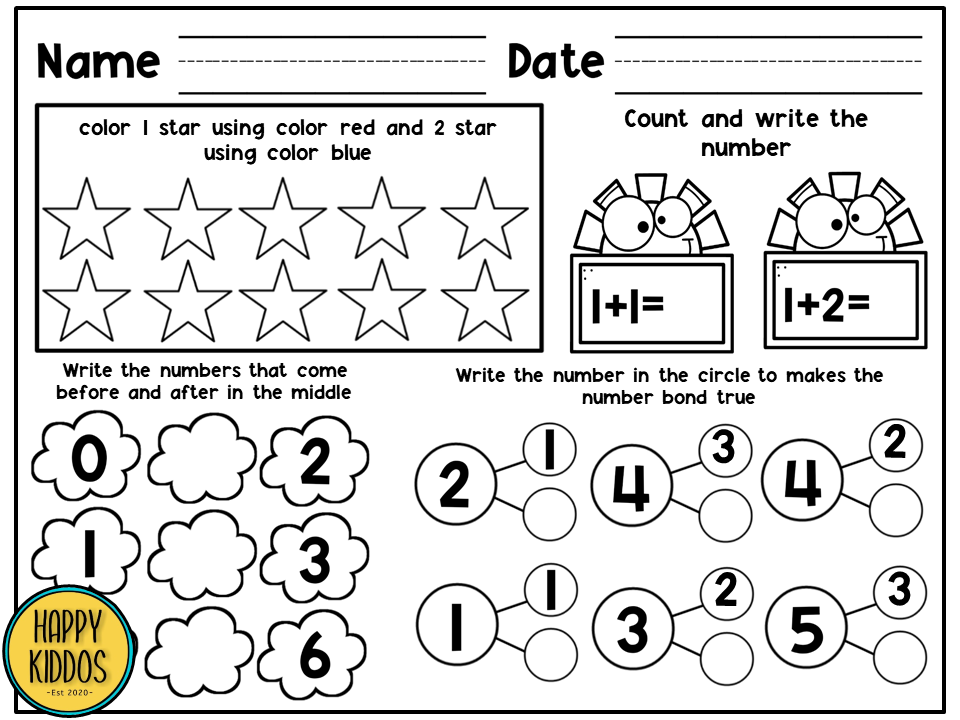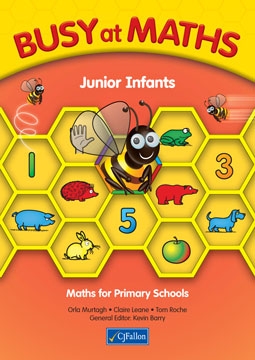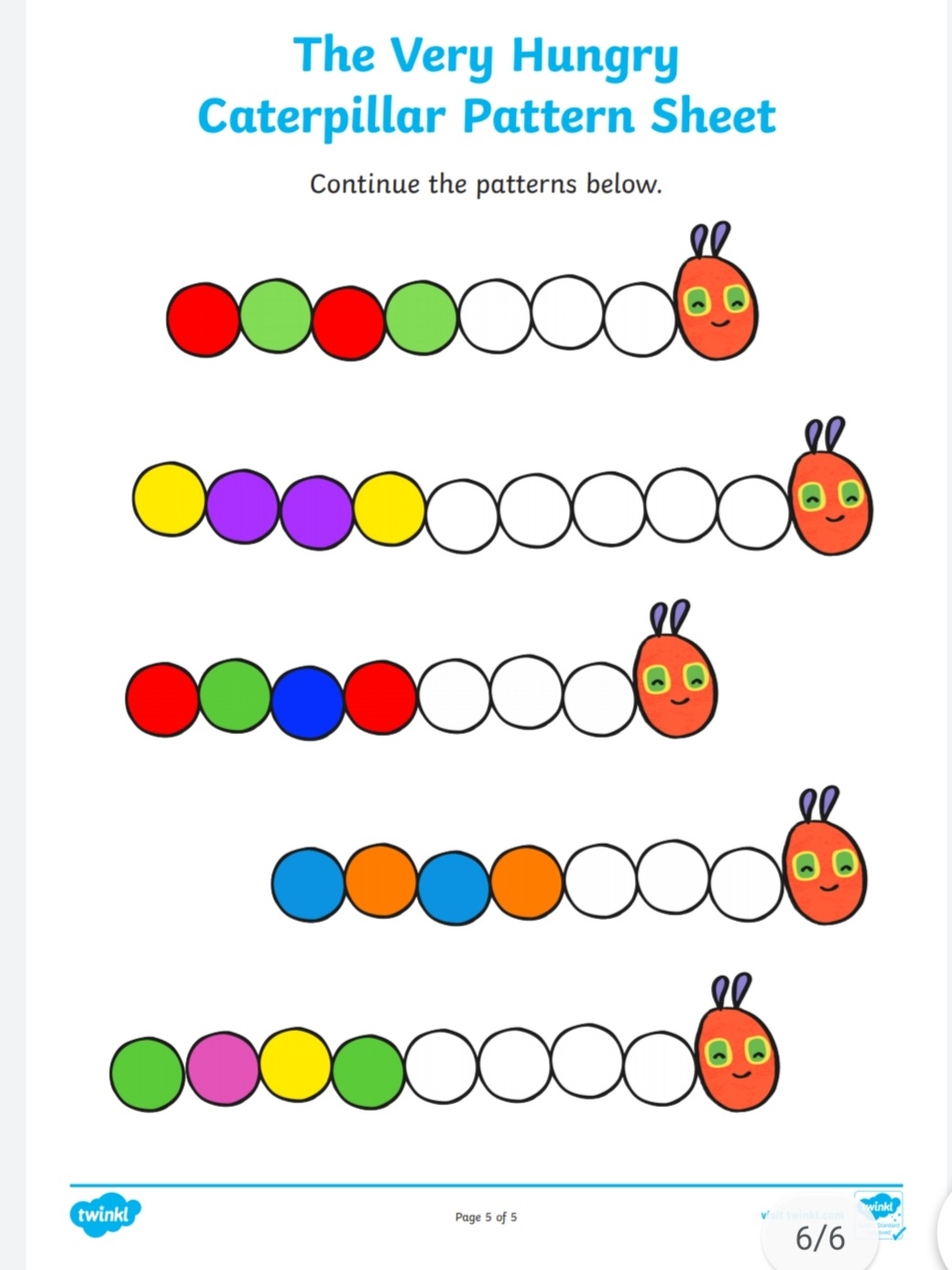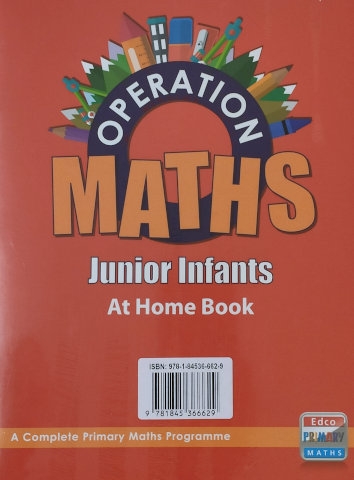Printable Maths Games for Junior Infants
Mathematics is an essential subject that lays the foundation for problem-solving skills and critical thinking. It is crucial to introduce maths to children at a young age to develop their numerical abilities. Junior infants, aged between four and five years, can benefit greatly from engaging and interactive maths games to make learning fun and enjoyable.
Printable maths games are a fantastic way to teach junior infants basic mathematical concepts such as counting, number recognition, shapes, and patterns. These games can be easily accessed and downloaded, making them convenient for parents and teachers to use both at home and in the classroom.
Counting Caterpillar: This printable maths game involves a cute caterpillar with numbered segments. Junior infants can practice counting by moving a token along the segments while saying the numbers out loud. This game helps children improve their number recognition and counting skills in a playful manner.
Shape Matching: In this game, junior infants match shapes such as circles, squares, triangles, and rectangles to their corresponding outlines. This activity enhances their ability to identify and differentiate between various shapes, laying the groundwork for geometry concepts in the future.
Number Bingo: Number Bingo is a fun and interactive game that reinforces number recognition and counting skills. Junior infants can play this game with friends or family members, marking off numbers on their bingo cards as they are called out. This game not only improves numerical abilities but also promotes social interaction and teamwork.
Pattern Puzzles: Pattern puzzles are a great way to introduce junior infants to the concept of patterns and sequences. Children can match objects or images to complete the patterns, developing their logical thinking and problem-solving skills. This game encourages creativity and enhances visual perception.
In conclusion, printable maths games are valuable resources for teaching junior infants fundamental mathematical skills in a fun and engaging way. By incorporating these games into their learning routine, children can develop a strong foundation in maths and build confidence in their abilities. Parents and teachers can utilize these games to make maths enjoyable and accessible for young learners, setting them up for future academic success.
